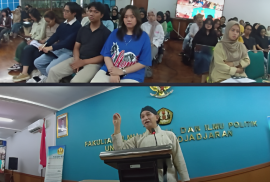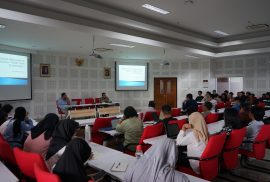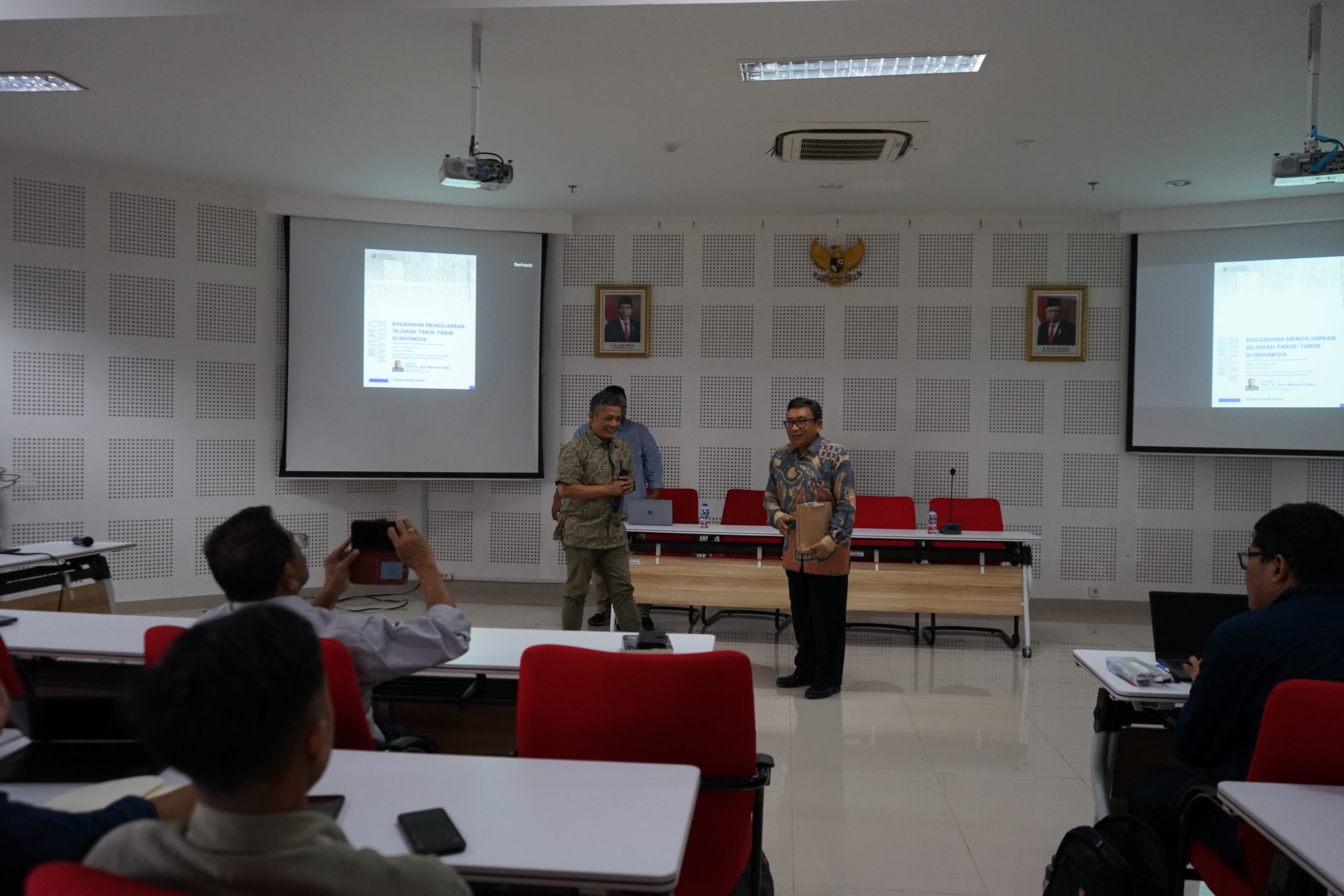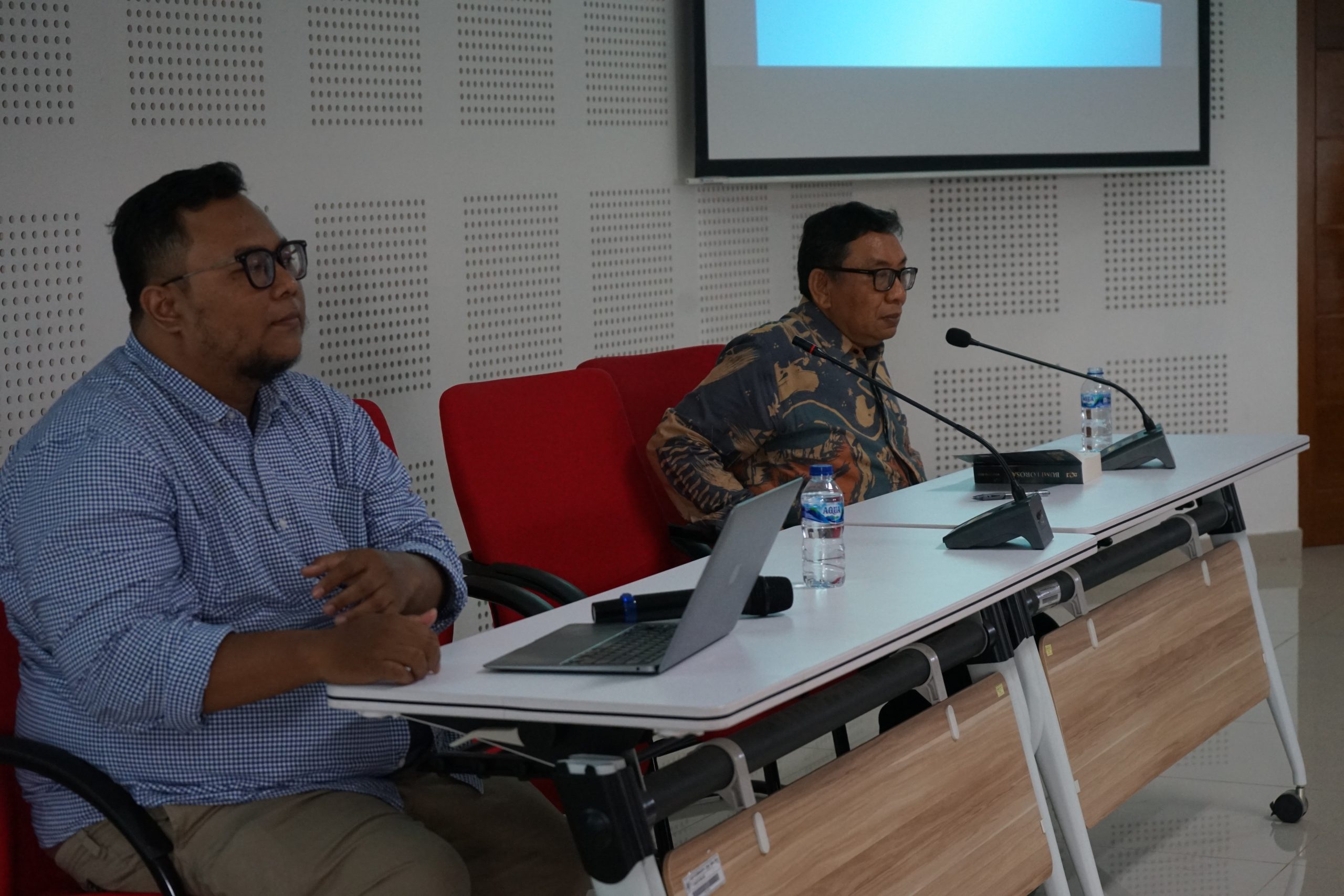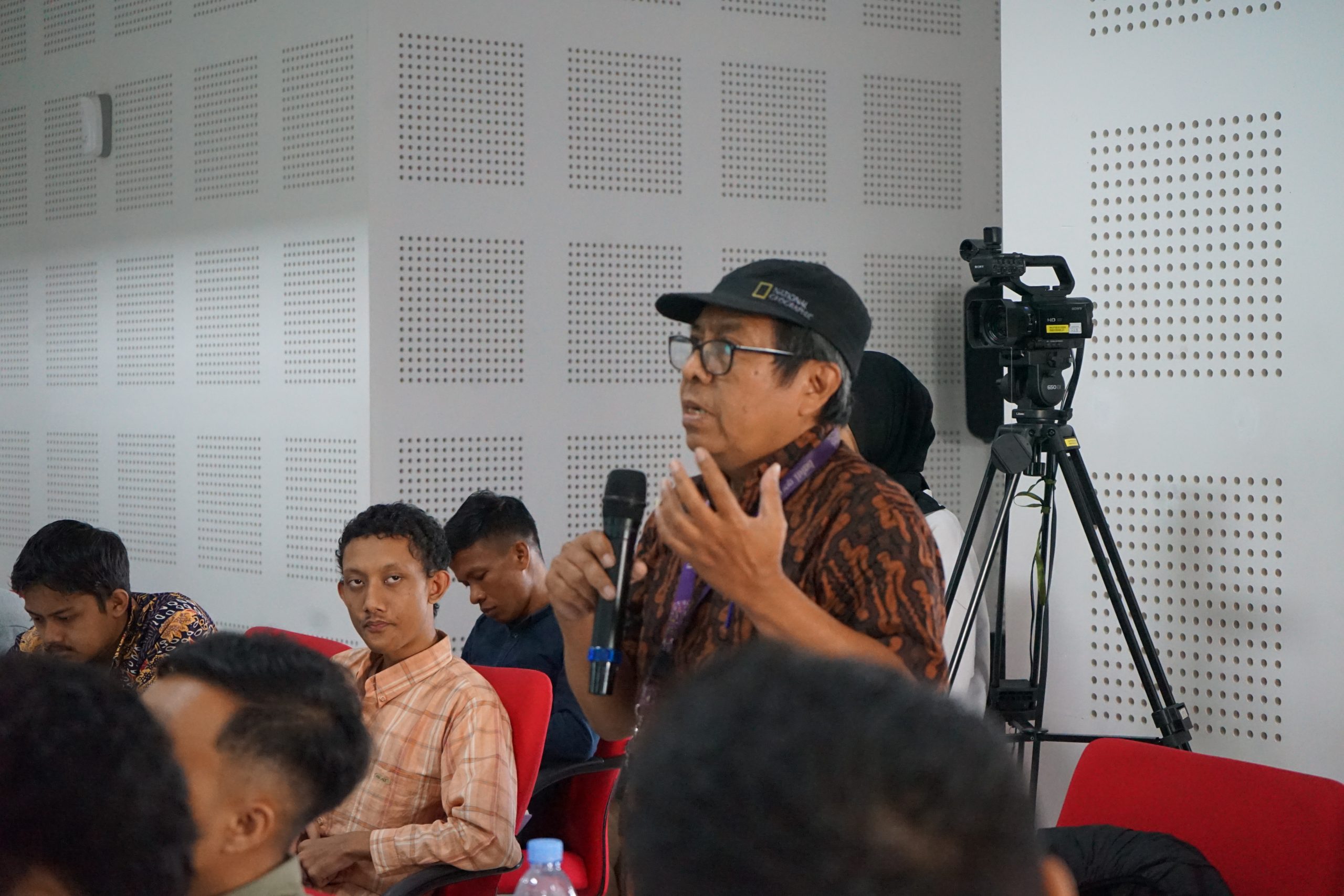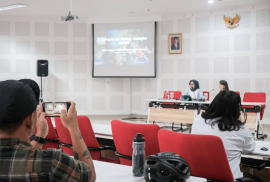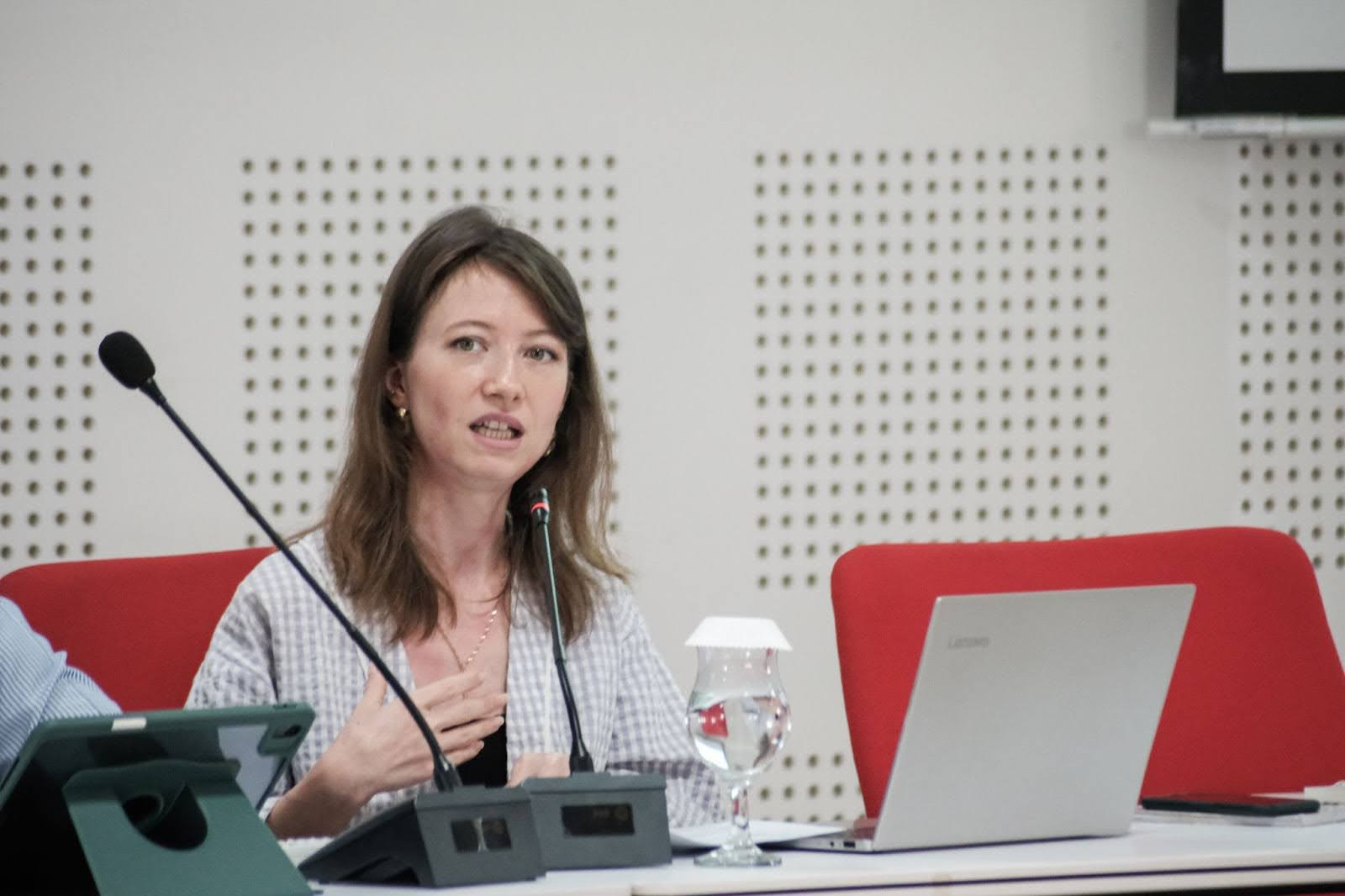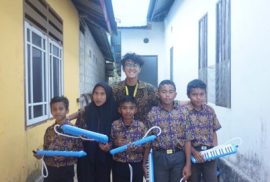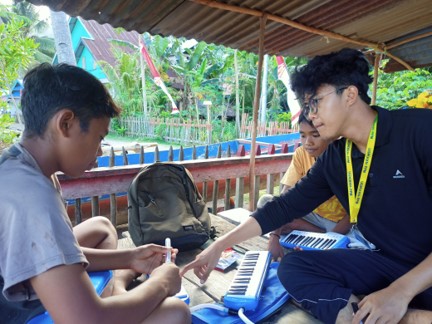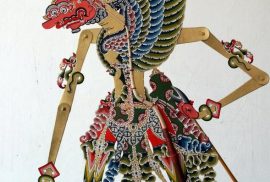On May 4, 2024, the Faculty of Social and Political Sciences at Universitas Padjadjaran (FISIP Unpad) hosted a public lecture featuring Prof. Dr. Pujo Semedi Hargo Yuwono, M.A., a professor from the Department of Anthropology at Universitas Gadjah Mada. In this lecture, Prof. Pujo addressed the topic “The Notion of Justice, Racism, and Coffee Cultivation in Colonial Java, 1870s-1930s,” combining anthropological insights with the colonial history of Java. Through this subject, Prof. Pujo—familiarly known as Mas Pujo—invited students to understand how the history of coffee cultivation in 19th-century Java reinforced racial and economic injustices, which continue to have lasting impacts today.
Mas Pujo emphasized the importance of understanding colonial history in the context of coffee cultivation to see its influence on current social and economic conditions, particularly within Indonesia’s coffee industry. The lecture, held at FISIP Unpad’s campus in Jatinangor, West Java, was attended by students from various departments. They were urged to recognize the exploitative nature of colonial coffee cultivation. Mas Pujo explained that this system was based on three principles: first, as a tool to enrich Dutch entrepreneurs; second, the myth of native laziness was used to justify forced labor; and third, all coffee production was directed to meet the demands of European industry, rather than benefiting the local population.
One of the key points of the lecture was the racial injustice surrounding the entire process of coffee cultivation, marketing, and consumption during the colonial era. Mas Pujo revealed that, at the time, Javanese people were prohibited from consuming coffee; they were only allowed to drink coffee leaves, while native laborers were forced to work on plantations. The right to market coffee was restricted to Dutch and Chinese trade guilds, and coffee could only be enjoyed by white individuals.
Through his analysis, Mas Pujo highlighted how colonial policies based on race created social injustices that continue to affect economic and social relations in modern Indonesia. This public lecture sparked active discussions among students, who were eager to connect the historical relevance of this topic to the current state of the coffee industry.
The full lecture can be viewed on YouTube: https://www.youtube.com/live/RcER1qufrMI.
[Public Relations, FIB UGM, Author: Bonifacius Edo, Editor: Aldiza]

